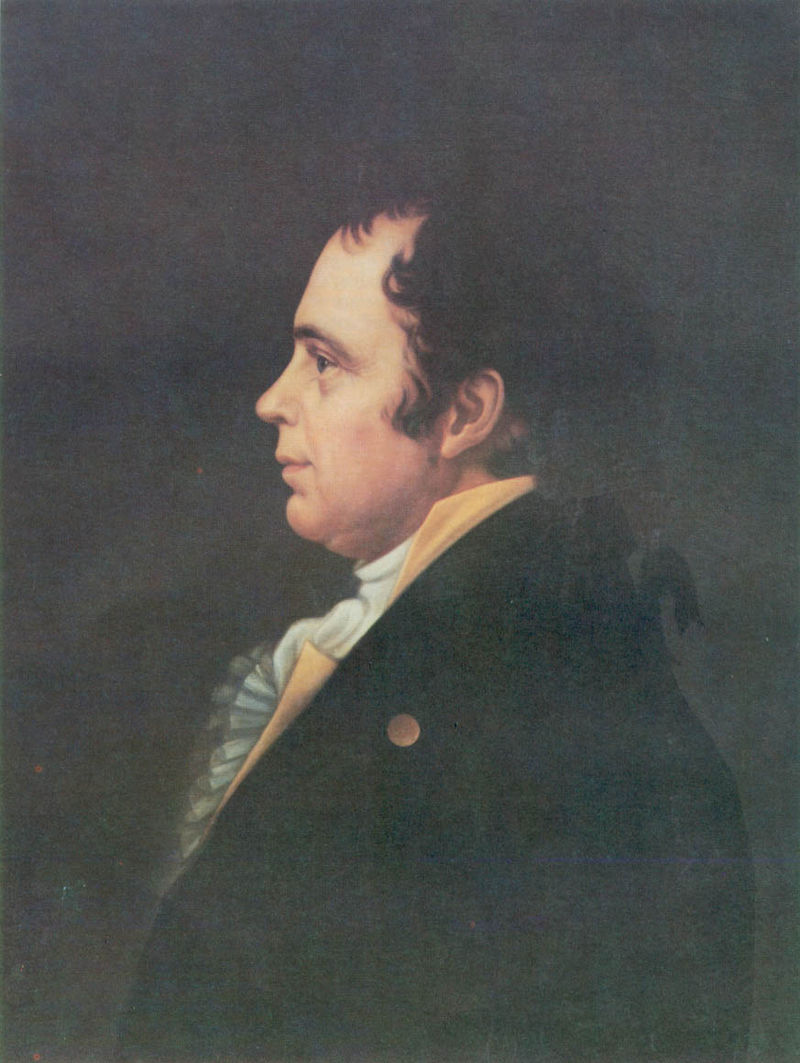
James McHenry represented the State of Maryland at the Constitutional Convention. He later served as Secretary of War under President George Washington and was instrumental in Congress forming the U.S. Navy. Fort McHenry is named in his honor.
Early Life
James McHenry was born on November 16, 1753, in Ballymena, Ireland. He emigrated to Philadelphia in 1771. McHenry attended Newark Academy in Delaware and then returned to Philadelphia to study medicine under the well-known Dr. Benjamin Rush.
During the American Revolution, McHenry was a military surgeon. While serving with the 5th Pennsylvania Battalion, he was captured by the British. He was paroled one year later and released in March 1778. Upon returning to the Continental Army, McHenry became Gen. George Washington’s secretary. He later served on the staff of Marquis de Lafayette and retired from the military in 1781.
McHenry never returned to medicine, but instead decided to pursue public office. He was elected to the Maryland Senate in 1781. Three years later, he was elected to the Continental Congress.
Constitutional Convention
In 1787, Maryland selected McHenry as a delegate to the Constitutional Convention. McHenry did not play a significant role at the Convention. He also missed more than a month of the proceedings, largely due to his brother’s ill health.
According to fellow delegate William Pierce, “as a politician there is nothing remarkable in him, nor has he any of the graces of the Orator.” While he may not have been a major player at the Convention, McHenry kept a diary of the proceedings, which has served as a valuable historical record. After signing the Constitution, McHenry championed ratification in his home state and attended Maryland’s ratification convention.
Later Public Service
In 1788, McHenry was elected to the Maryland House of Delegates. After briefly retiring from public office, he was elected to the Maryland Senate in 1791. He held the office for five years.
During President George Washington’s second term, Washington appointed McHenry as his Secretary of War. McHenry was tasked with overseeing the transition of Western military posts from British to American control. McHenry, who advocated maintaining a strong military force, played a central role in reorganizing the U.S. Army into four regiments of infantry, a troop of dragoons, and a battery of artillery. He also played a key role in establishing the U.S. Navy.
While McHenry continued to serve as Secretary of War under President John Adams, they did not have a strong relationship, with McHenry’s loyalties with Alexander Hamilton. In 1800, President Adams requested and received McHenry’s resignation.
McHenry died on May 3, 1816, at the age of 62. He is buried in Baltimore’s Westminster Presbyterian Cemetery.







